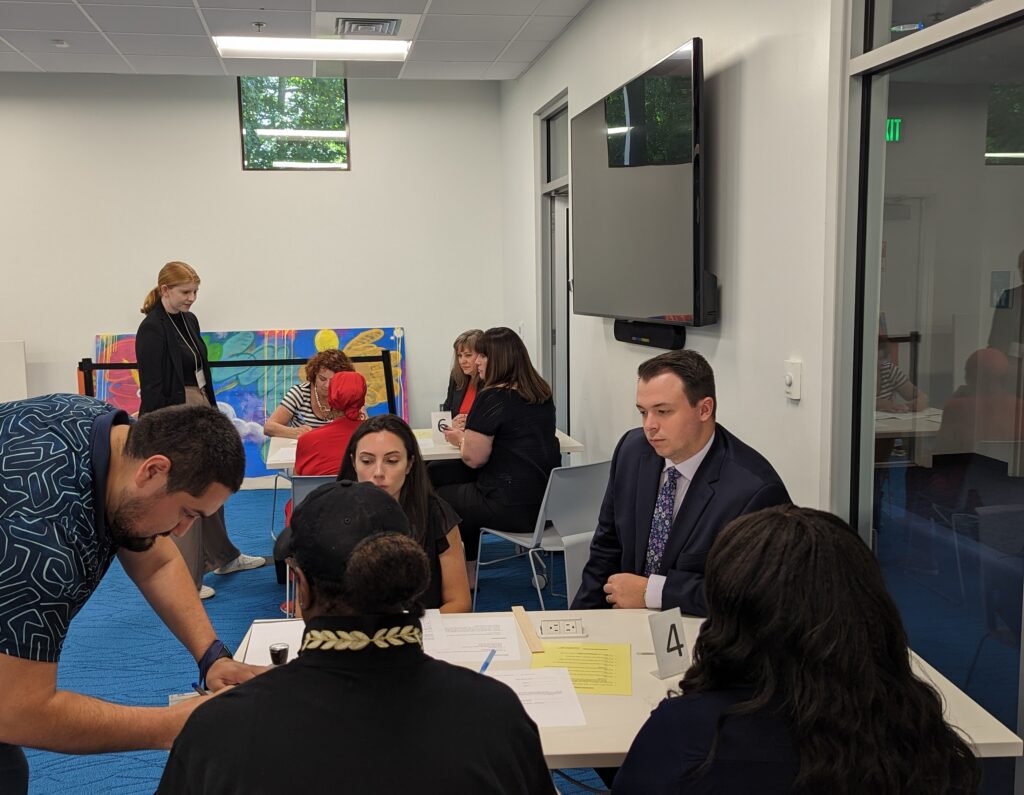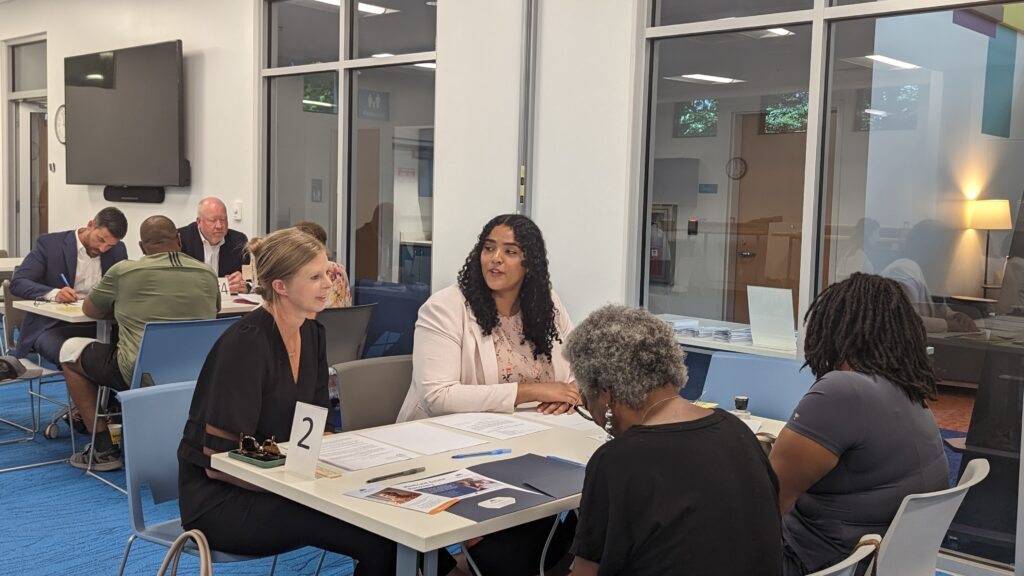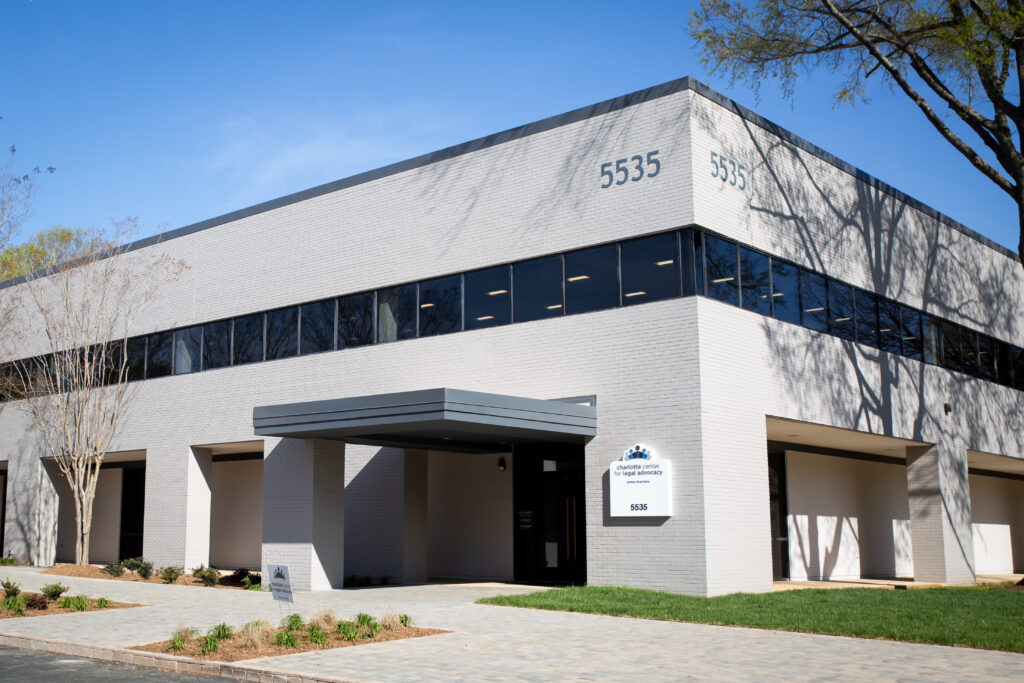
Charlotte Center for Legal Advocacy, in collaboration with Bank of America, Cadwalader, Wickersham & Taft LLP and Mayer Brown hosted a highly successful Wills Clinic on June 27th, 2023. This event aimed to support older individuals who may not have the resources to pay for legal services, providing assistance to Charlotte’s senior population in drafting simple wills and ensuring their legal affairs are in order. The event, held in Huntersville, witnessed an overwhelming response, with over 25 clients benefiting from this service.
“At the Advocacy Center, we firmly believe that everyone should have access to legal assistance, regardless of their financial resources,” said Soreé Finley, Legal Services for the Elderly Co-Director at Charlotte Center for Legal Advocacy. “The Wills Clinic was an opportunity for older individuals to obtain the legal support they need, ensuring their wishes are respected and giving them a sense of empowerment and peace.”

Throughout the day, a team of attorneys and legal professionals volunteered their time and expertise to offer personalized guidance to each client. These dedicated professionals diligently worked alongside the elderly, ensuring that their unique needs and preferences were accurately reflected in their drafted wills. The event fostered an environment of justice, trust and compassion, allowing each participant to feel heard and empowered in making crucial decisions about their future.
The turnout and positive feedback from the clients reaffirmed the dire need for such services within our community. It served as a reminder that the Charlotte’s senior population often face significant challenges when it comes to accessing legal resources and understanding the intricacies of estate planning. The Advocacy Center and its partners remain committed to addressing this need and ensuring that no elderly individual in Charlotte is left without the necessary tools to secure their legacy.

Charlotte Center for Legal Advocacy would like to express sincere gratitude to our esteemed partners at Bank of America, Cadwalader, Wickersham & Taft LLP and Mayer Brown for their unwavering support and commitment to improving the lives of our elderly population. We also extend our appreciation to the dedicated volunteers and legal professionals who generously contributed their time and expertise to make this event a resounding success.
For further information or if someone is interested in getting a simple will and other estate documents, please visit our website https://charlottelegaladvocacy.org/ or contact our Legal Services for the Elderly hotline at 980-353-3734.
About Charlotte Center for Legal Advocacy
Charlotte Center for Legal Advocacy provides those in need with information, advice and advocacy in consumer protection, home preservation, health care access and public benefits, immigration, tax assistance and more. Our mission is to pursue justice for those in need. Our vision is to build a just community, where all people are treated fairly and have access to legal representation to meet their basic human needs of safety, economic security, and stability. Learn more: charlottelegaladvocacy.org
Visit our Media Center Hub
The Media Center Hub serves as a centralized platform to access our press releases and other relevant resources. It is designed to provide you with easy and convenient access to the information you need to create compelling stories about our organization. To explore the Media Center Hub, visit here.
